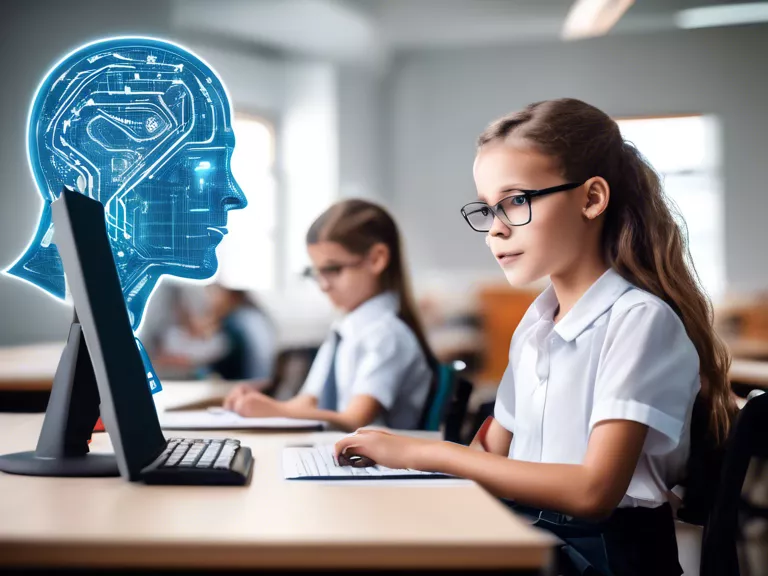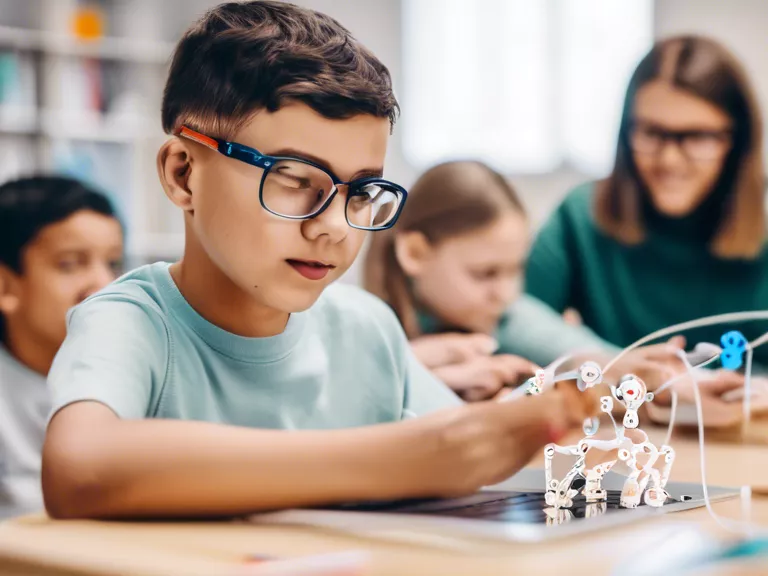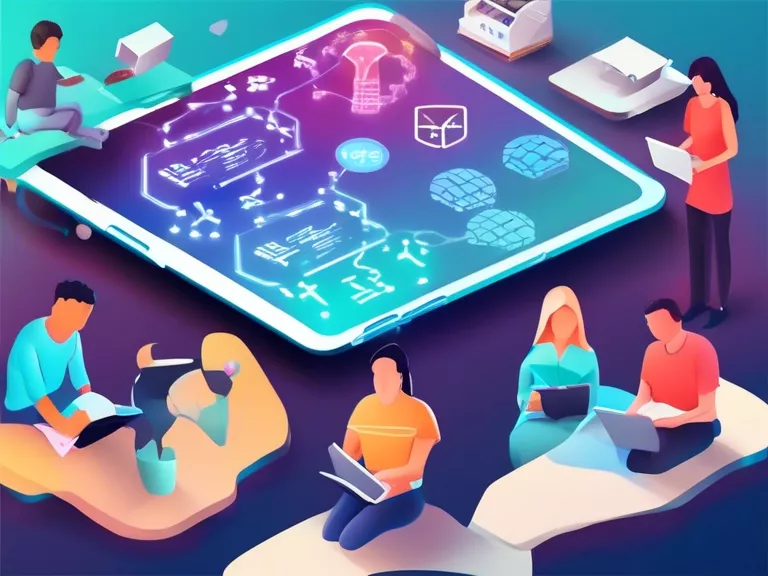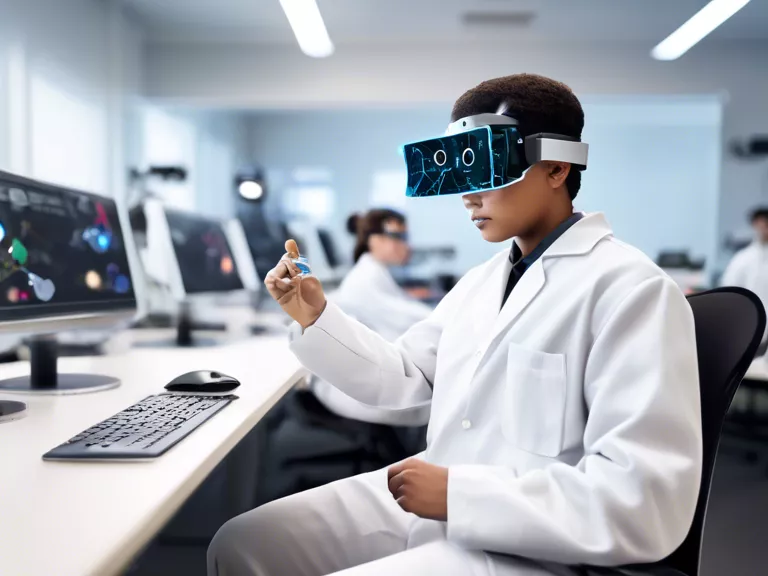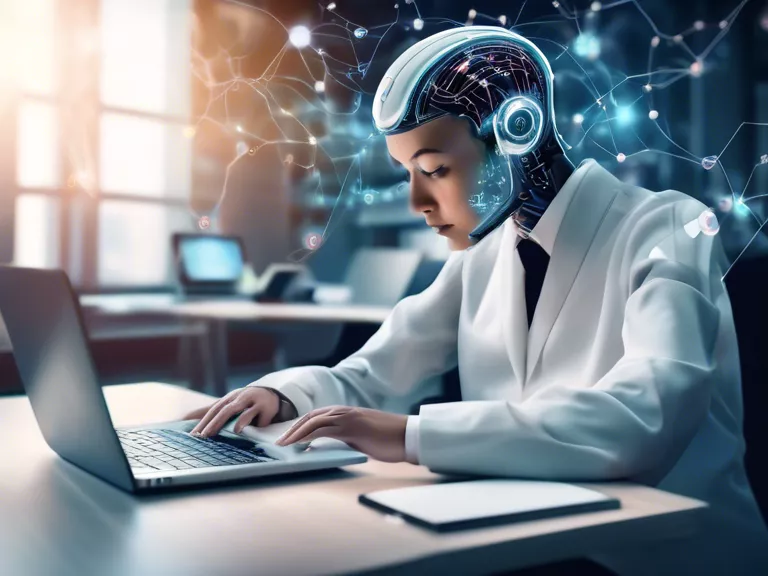
Artificial Intelligence (AI) is transforming education by enabling adaptive learning for lifelong skills development. With AI-powered tools, students can receive personalized learning experiences tailored to their specific needs and capabilities. In this article, we will explore the future of AI in education and how it is revolutionizing the way we learn.
One of the key advantages of AI in education is its ability to adapt and personalize the learning process. AI algorithms can analyze a student's performance data and provide targeted recommendations for improvement. This personalized approach helps students learn at their own pace and focus on areas where they need the most help. By leveraging AI, educators can create custom learning paths that cater to each student's unique learning style and preferences.
Another area where AI is making a significant impact in education is in skills development for the future. As technology continues to evolve rapidly, there is a growing need for individuals to acquire new skills to stay competitive in the job market. AI-powered platforms can help identify emerging trends and skills gaps, allowing educators to design curriculum that aligns with the demands of the workforce.
AI is also enhancing the accessibility of education by providing tools for students with diverse learning needs. For example, AI can generate real-time captioning for students with hearing impairments or provide voice recognition software for students with visual disabilities. These adaptations make learning more inclusive and ensure that all students have equal access to educational opportunities.
In conclusion, the future of AI in education is bright and promising. By leveraging AI-powered tools for adaptive learning, educators can create personalized learning experiences that cater to individual needs and enhance skills development for lifelong learning. As technology continues to advance, AI will play a crucial role in transforming education and preparing students for the challenges of the future.
